WARNING: unbalanced footnote start tag short code found.
If this warning is irrelevant, please disable the syntax validation feature in the dashboard under General settings > Footnote start and end short codes > Check for balanced shortcodes.
Unbalanced start tag short code found before:
“Wikipedia. Inflammation.) Reducing inflammation is one of two ways to reduce pain. The other way is to work with analgesics which affect the central nervous system directly, blocking pain signaling to the brain. Anti-inflammatory Plants”
Herbal Action:
Anti-Inflammatory
These are plants and treatments that reduce inflammation or swelling.
Inflammation is part of the body’s immune system response to irritants like bacteria, physical stress, or allergens. It’s intended to protect the body and eliminate whatever’s causing cell injury, clear out dead cells and damaged tissue, and begin repairing the injury.((Wikipedia. Anti-inflammatory))
Reducing inflammation is a critical part of managing many health conditions because, over time, unresolved inflammation begins to cause problems with the regular functioning of the affected tissues. Most autoimmune diseases cause inflammation and reducing it can help reduce the long-term harm of the disease.((Ana-Maria Orbai, M.D., M.H.S. What Are Common Symptoms of Autoimmune Disease? John Hopkins.))
Diseases and conditions that end in the suffix -itis refer to inflammation. For example, tonsillitis is the swelling of the tonsils, and arthritis is the swelling of joints.((Wikipedia. Inflammation.)
Reducing inflammation is one of two ways to reduce pain. The other way is to work with analgesics which affect the central nervous system directly, blocking pain signaling to the brain.
